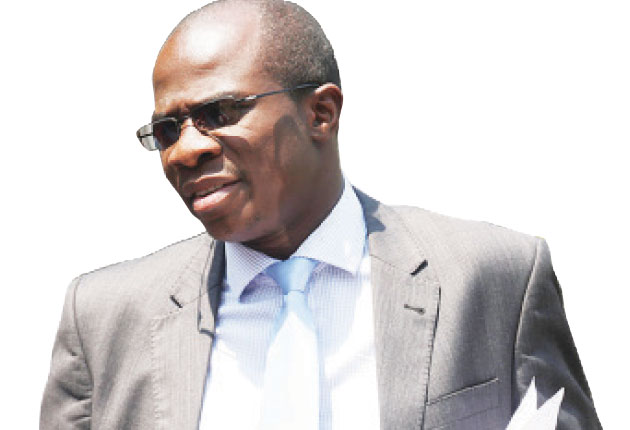Chief Justice interviews lawful, Supreme Court says

Daniel Nemukuyu, Harare Bureau
THE Judicial Service Commission was correct at law when it conducted public interviews for the selection of a new Chief Justice and the executive is free to amend the Constitution to suit its intentions, the Supreme Court has ruled.
Justices Ben Hlatshwayo, Bharat Patel and Vernanda Ziyambi unanimously quashed a judgment by High Court judge Justice Charles Hungwe suspending the public interviews in December last year.
Chief Justice Chidyausiku retires end of this month when he reaches the mandatory retirement age of 70.
The Supreme Court set aside Justice Hungwe’s decision and substituted it with an order dismissing an interdict application by University of Zimbabwe law student Mr Romeo Taombera Zibani.
“It is the unanimous decision of this court that the appeal is hereby allowed with no order as to costs.
“The order of the court a quo (High Court) is substituted as follows: ‘The application is hereby dismissed with costs’,” ruled Justice Patel.
Detailed reasons for the Supreme Court decision will be made available in due course.
Mr Zibani and his lawyers were the first to leave the courtroom after the court denied them right of audience for failure to file heads of argument as required by the rules of the court.
The court gave Mr Zibani’s lawyers an opportunity to apply for the removal of the bar but they were not ready to do so.
“You are barred and you are not properly before us. You can only be heard for the purposes of an application to uplift the bar,” said Justice Hlatshwayo.
To that end, the court blocked them out. Mr Zibani and his lawyers walked out of the courtroom, leaving JSC lawyer Mr Addington Chinake and Government lawyer Mr Ephraim Mukucha to argue their matters.
Justice Hlatshwayo said the executive was free to amend the Constitution but suspending the operation of a valid law was unconstitutional.
“The executive is perfectly within its mandate to change the law but that must not suspend the operation of a valid law. Why suspending the law on the basis of a mere intention that can as well be rejected at some stage?” he said.
“There is no interdict to bar you (executive) from proceeding with the amendment,” said Justice Hlatshwayo.
State lawyer Mr Mukucha had a torrid time before the court.
Asked Justice Hlatshwayo: “Mr Mukucha, you are not a prophet. Do you know when that amendment will be finalised?”
He indicated to the court that he was not aware.
Another judge asked: “So you support a judge who suspends a valid law on the basis of a proposed amendment that can as well be rejected?
“Are you aware of a Statutory Instrument that imposes a 15 percent tax on meat and cereals? The Minister of Finance indicated that he would look into it. So on the basis of such an intention by the minister, can the citizens refuse to pay the tax?”
Mr Mukucha insisted the JSC was supposed to suspend the interviews out of courtesy because the executive had initiated the amendment process.
“We cannot ignore that the process to amend the Constitution is now in motion.
“Section 180 of the Constitution remains operational but the court was guided by the facts presented before it in arriving at such a decision,” he said.
Meanwhile, the court admitted Law Society of Zimbabwe, Ms Beatrice Mtetwa and a Bulawayo-based association of human rights lawyers, Abameli Bamalungelo Abantu, as friends of the court.
The three criticised the High Court judgment indicating the JSC conducted the interviews for Chief Justice in terms of the supreme law of the country.











Comments